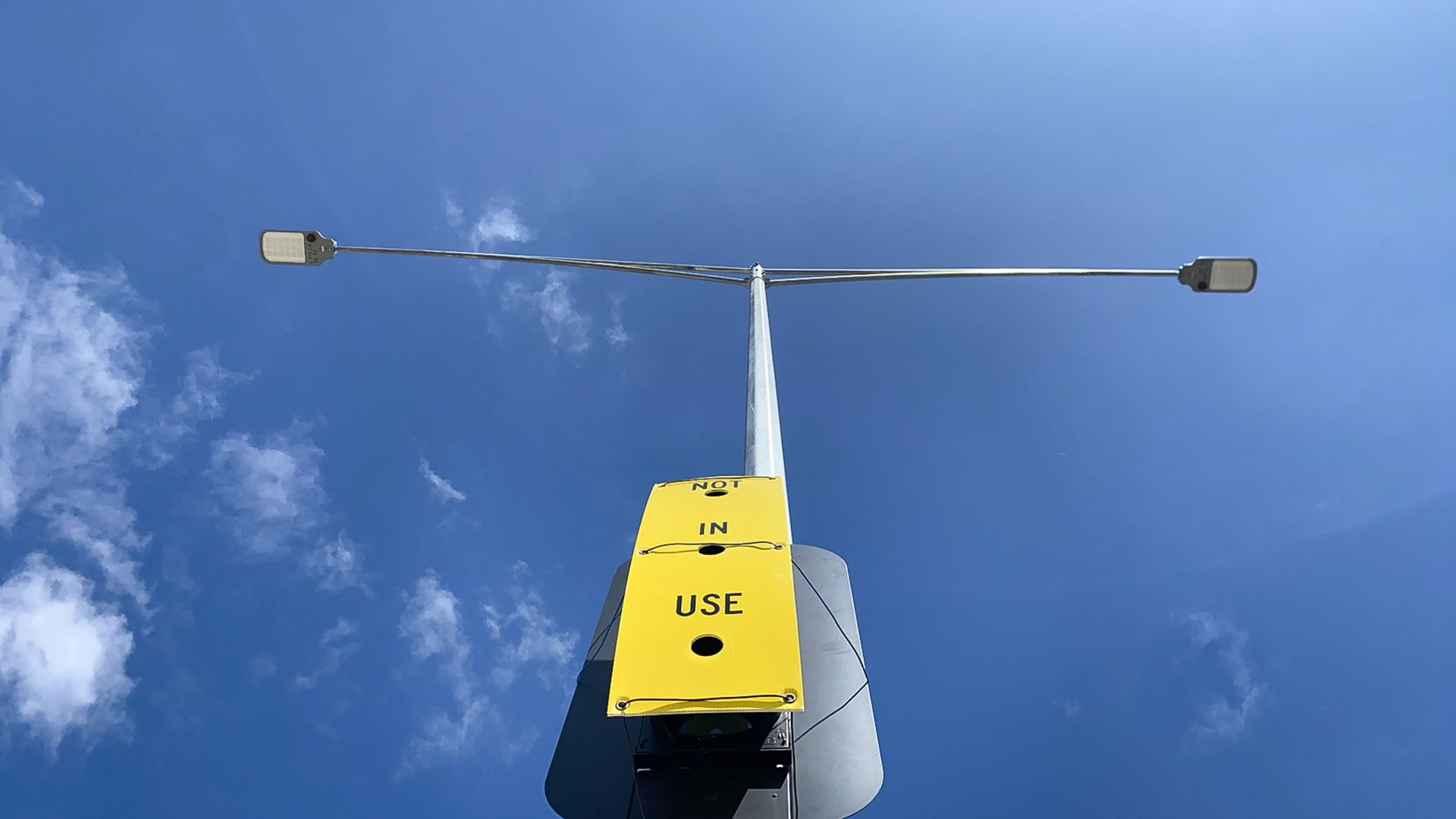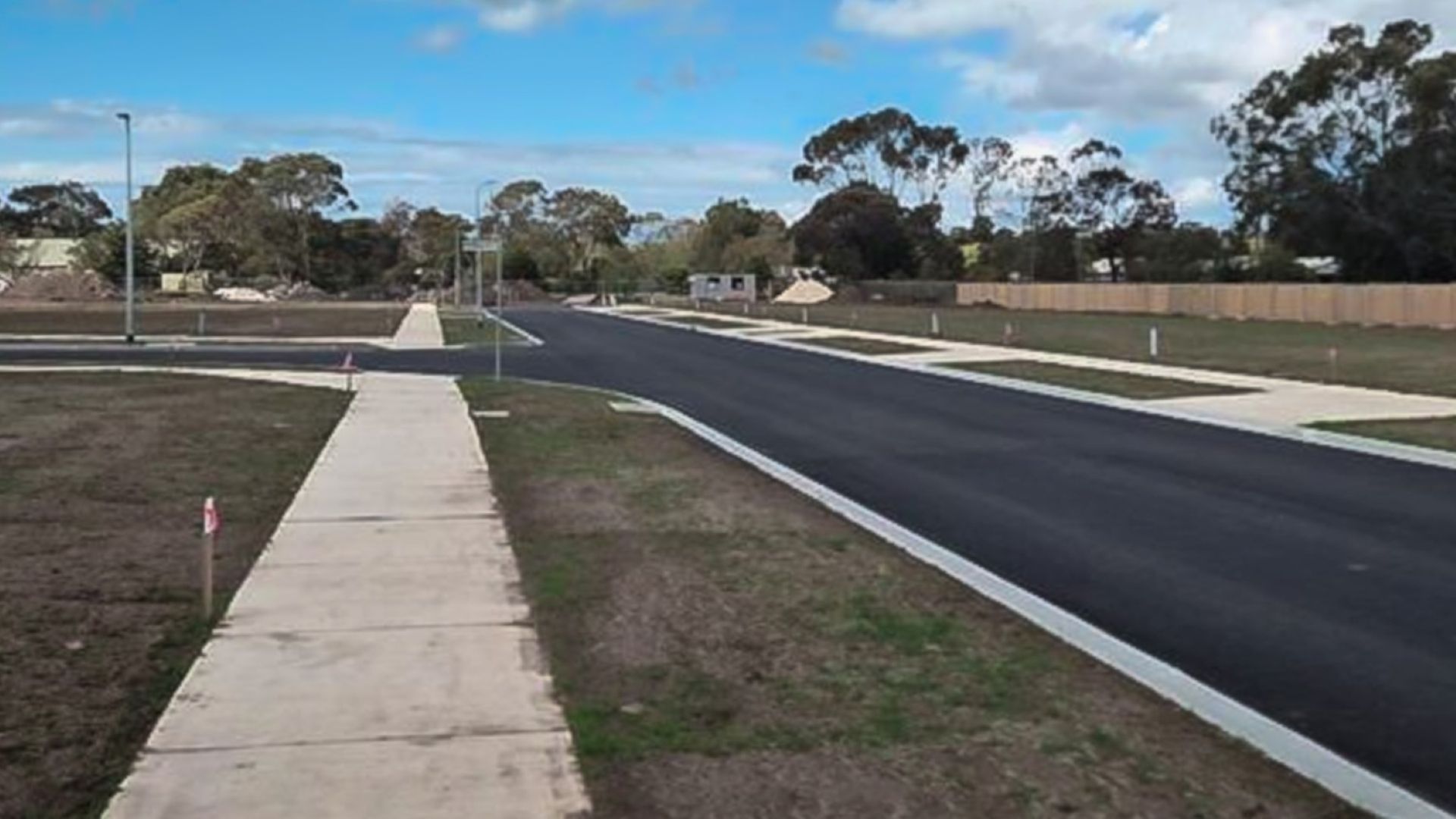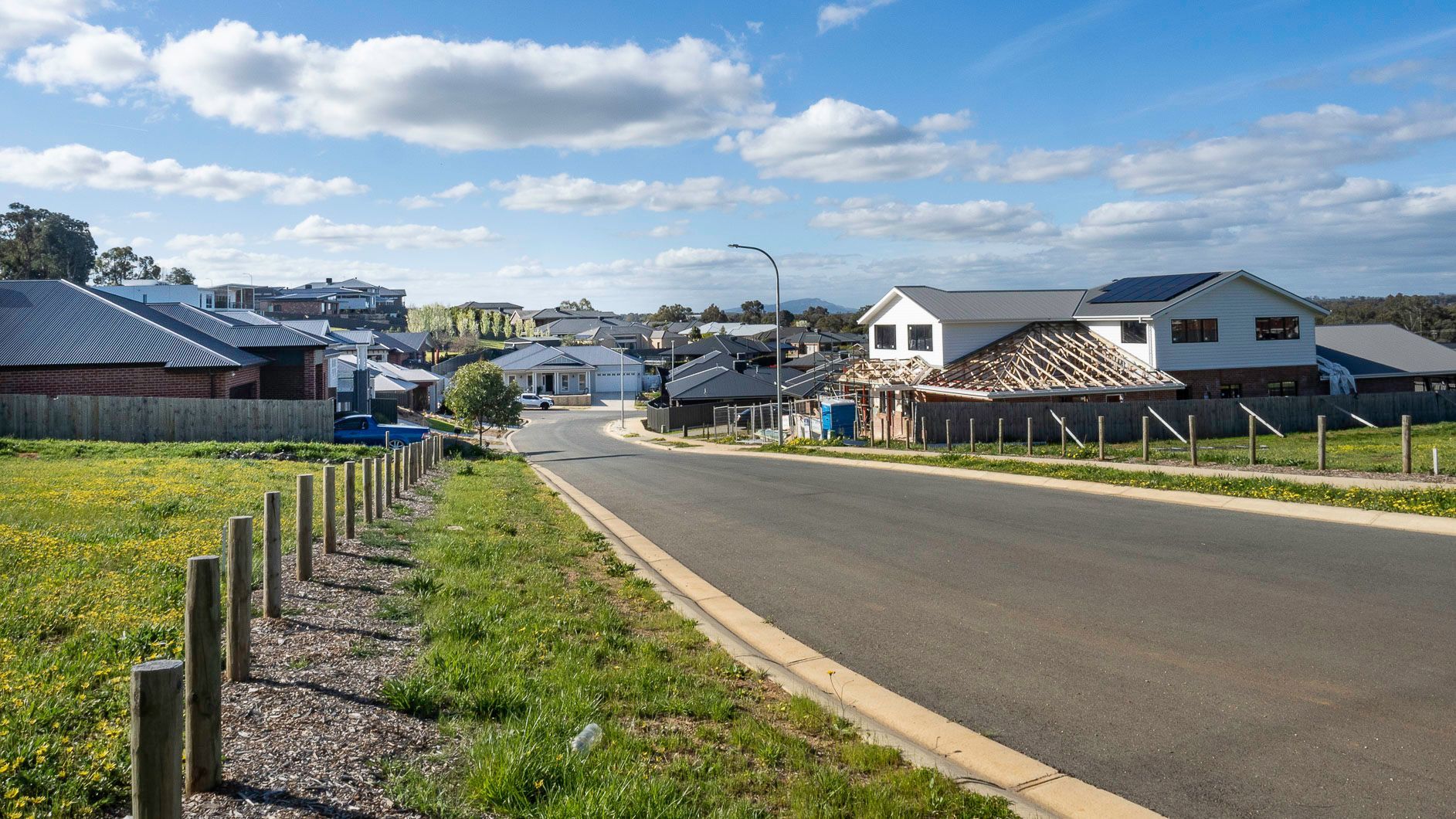The engineering sector is currently facing a significant skills shortage, with estimates suggesting that an additional 100,000 engineers will be needed Australia-wide to cover proposed projects out to 2030.
With females making up just 11.2 percent of the engineering workforce, it’s clear there is a huge untapped resource when it comes to employing women within the field.
Each year, on June 23, International Women in Engineering Day serves to acknowledge the valuable contribution women make to the engineering sector, celebrate their achievements and encourage more young women and girls to enter into the field of engineering.
To mark the occasion, Balpara spoke to some of its female team members about their experiences working within the sector, how workforce representation has changed over the years, challenges they’ve overcome and what more they believe needs to be done to achieve parity.
Molly Mathuray - Drafting Supervisor and Ausnet Network Auditing Project Manager
Q: Can you tell us about your career progression and how you came to work as an engineer at Balpara?
A: I began an engineering apprenticeship when I lived in South Africa, which I completed over four years. This was a government-run program and each year we would perform an exam that saw us progress to the next year of our studies. There wasn't a plethora of opportunities for study in South Africa at that time, so it was a good opportunity.
Following my apprenticeship, I applied for a job with Balpara, who recognised my experience and presented me with a job opportunity. This is something I’ll forever be grateful for, as it allowed me and my family to move to Australia and begin my career within engineering, which I’ve now been working in for 15 years.
Q: What’s the biggest challenge you’ve had to overcome in your career as a female in engineering?
A: The years of my apprenticeship were definitely challenging. Not only was I a woman in a very male-dominated environment, but I was also the only person of colour. However, as I worked, I saw people’s perceptions and attitudes towards me shift and they grew to accept and respect me.
I think as a woman in this industry, you feel the need to prove yourself all of the time. But you just need to be transparent about what you know, be willing to share and learn, and the respect naturally grows from there.
Q: What advice would you give to women considering pursuing a career in engineering?
A: I would say they really need a passion for it. It’s a fantastic career and can provide great opportunities, but it’s not easy. If you have a real excitement for engineering and make a conscious decision to persevere, then there’s a lot of opportunities for success.
I also think it’s very important to remember that it’s not a sector that’s just for men. If it’s something you’re interested in, then go for it!
Q: What do you enjoy most about your role?
A: The way I work now is very different to when I first began my career. My experience has taught me to take a very problem-solving approach to things. For example, I now look at a project and think “how can we do this better?” or “how can we be smarter?” It’s about optimising and refining, and putting processes in place that ensure better outcomes moving forward. I also really enjoy the mentoring and management component of my role.
Neehara Ruwanpathirana – Electrical Design Engineer
Q: Can you tell us a bit about how you came to be where you are in your career?
A: I graduated from the University of Peradeniya with a Bachelor of Engineering, Electrical and Electronics Engineering in 2009, following which I was appointed as a university demonstrator. I went on to work at the Central Engineering Consultancy Bureau in Sri Lanka for close to nine years, where I progressed from junior to senior roles, before becoming a project manager and chartered engineer.
I then migrated to Australia in 2018 where I completed an Overseas Qualified Professional Program at Melbourne Polytechnic, and after gaining some more experience in distribution design, was offered a job at Balpara.
Q: What interested you in becoming an engineer?
A: The most interesting component of engineering for me is the challenge of finding the best solution for a specific project - there's a lot of problem solving that goes into it. I also love seeing the end result of what we do. Seeing a dormant building become completely powered and filled with light is incredibly rewarding.
Q: You worked as an engineer for quite some time in Sri Lanka. How would you compare it to working in Australia – both technically and culturally?
A: Technically speaking, the standards in Sri Lanka are different to those followed in Australia, as Sri Lanka uses British standards. They're not vastly different, but there are definitely nuances. I think the biggest difference is the safety in the workplace and on construction sites, which is thankfully greatly emphasised in Australia.
Q: What was it like working as a female within the engineering sector in Sri Lanka compared to Australia?
A: Before I moved to Australia, I didn't even know flexible working hours were possible, and I'd never even heard of a "work-life balance"! After moving to Australia, I took a two-year career break to have my third child, and I wasn't sure I'd be able to get back into the workforce. But I'm so happy that I was given that opportunity and, more than that, I'm afforded the flexibility to raise my family while still having a fulfilling career. Based on my experience, I’m not sure that would have been possible in Sri Lanka.
I'm very supported in my role at Balpara, and given the same opportunities as my male colleagues. My experience is respected and my capacity and capabilities for my work are recognised by my colleagues.
Radha Medarametla - Electrical Engineering Drafts Person
Q: Tell us a bit about your journey to becoming an engineer
A: I was always very interested in maths and technology, so undertook a Diploma in Electronic and Communication Engineering. From there, I worked as a senior GIS engineer for an Indian multinational technology company for 15 years, where I gained experience in various GIS tools such as AutoCAD, worked on digital mapping projects and became proficient in working on Asbuilts.
In 2016, I was offered a job with Balpara, where I'm now able to utilise my previous experience and knowledge.
Q: What elements of your role do you enjoy?
A: I really enjoy the precision required of the work I do. It's challenging, but necessary to ensure all the details are correct, so that nothing goes wrong on site. For example, my underground electrical drawings need to be extremely accurate, otherwise people may be at risk of digging into a cable and being harmed. The work I do ensures people are safe while completing their jobs.
Q: How have you seen the industry change over time with regards to female representation and inclusion?
A: When I first began my diploma, there was a very minimal number of women studying alongside me. And while female representation within the engineering sector is still lacking, it's much greater than it used to be. But I think what's more important is the increase in inclusion of female engineers: women are, for the most part, offered the same opportunities as their male counterparts and given opportunities to excel.
What advice would you give to any women who are considering a career within the engineering sector?
A:
I believe that passion is really important within the engineering industry – no matter your gender. It can be challenging, so having a real affinity for work and constantly wanting to progress and learn will be very important for success and professional fulfilment.



